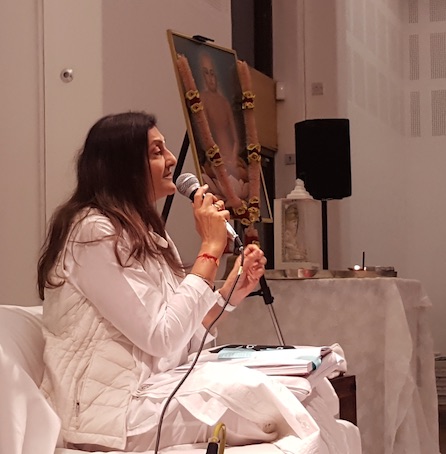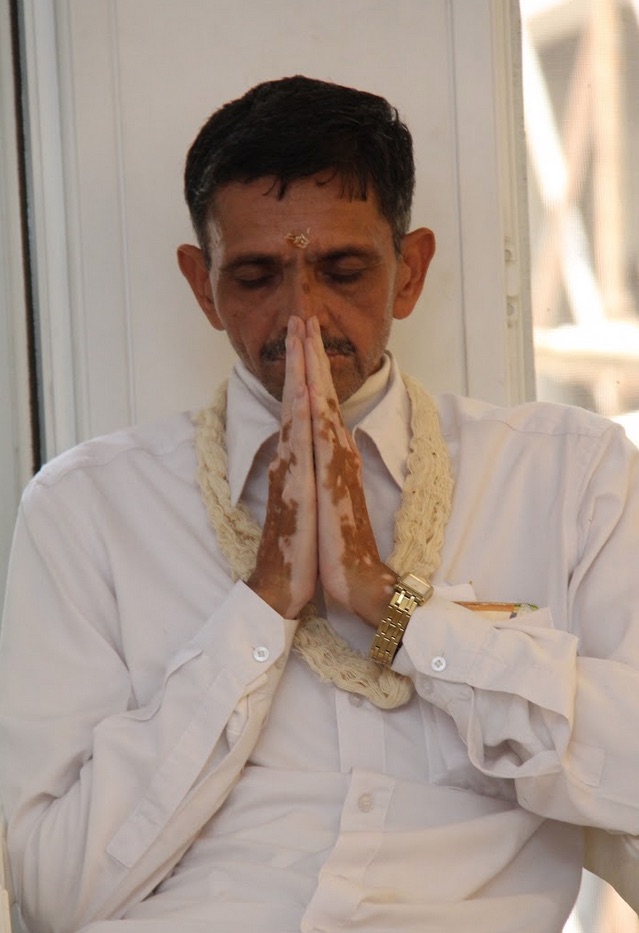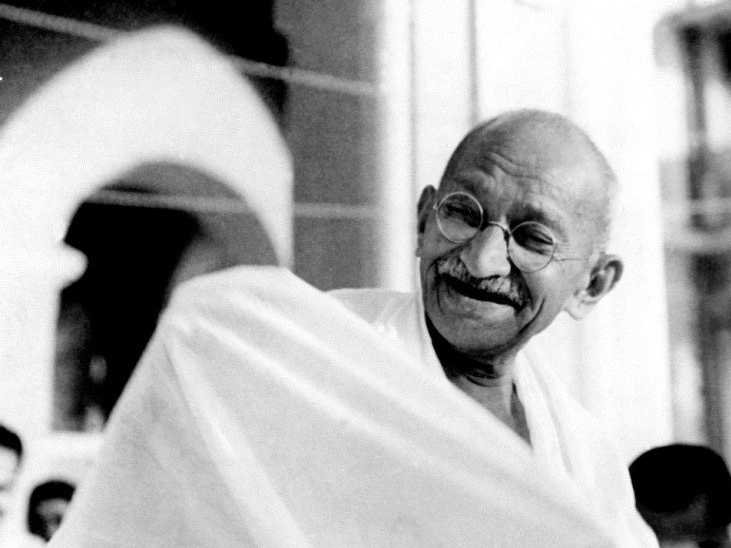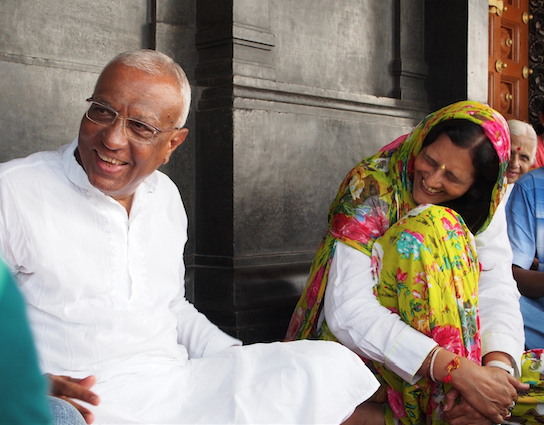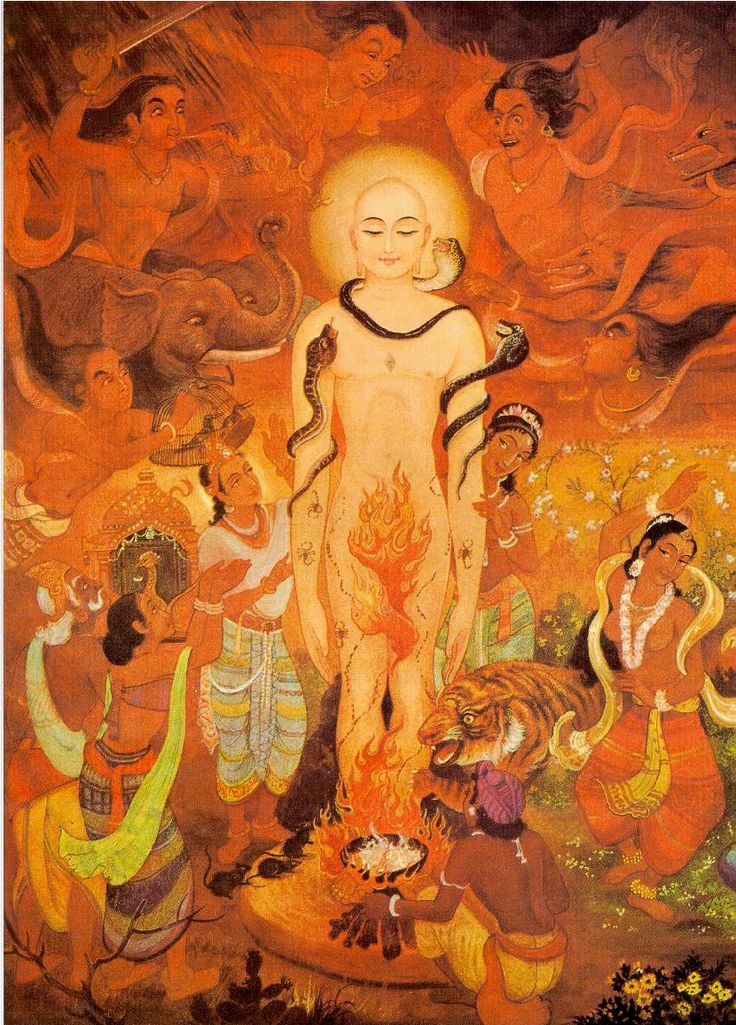Br. Minalben - UK 2017
Having Br. Minalben here in London is a true blessing and a great opportunity for all to strive inwardly, understand, introspect, immerse and be happy. Scroll down to see the various events held. We will upload the video and audio swadhyays here for you to watch again.
Swadhyay Recordings:
Video: Scroll down to watch them below.
Audio: You can download these from our Google folder using this link. You don't need a google or gmail account for this and the downloads are free.
Shibir - Distinguishing Truths
It is an amazing experience to come together in Satsang and strive on this spiritual journey together. Br. Minalben's presence, wisdom and smile was just amazing. She made such a deep subject so accessible, practical and applicable to all of us in our daily lives.
The weekend was uplifting, energising and eye opening. As we strive to move from gati to pragati, contemplating deeply on the 7 lakshan or defining characteristics of the soul are key in removing this delusion and immersing in the self. Br. Minalben's topic for the weekend was Letter 438 from Shrimad Rajchandra Vachanamrut in which Krupaludev writes a verse from Banarasidasji Maharaj Saheb in which he describes 7 defining characteristics or Lakhshans of the Soul.
“‘સમતા , રમતા , ઉરધતા , જ્ઞાયકતા , સુખભાસ ;
વેદકતા , ચૈતન્યતા , એ સબ જીવ વિલાસ’”
Minalben described each characteristic using the guiadance of both Param Pujya Bapuji and Bhaishree's explanations on this letter. She broke each characteristic into 3 key points of contemplation, how we can practically apply these contemplations in our daily lives and what benefits we get from their contemplation.
Shibir participants got the opportunity to meet Minalben in small intimate workshops throughout the weekend where she gave guidance on meditation, answered questions, clarified misunderstandings and gave us individual boosts of inspiration to strive forward.
Mumukshus completed 3 meditations each day as well as silent reflection and introspection.
The atmosphere was silent, yet vibrant, energising and immersing, joyous, awakening and so much more. As mumukshus we felt like a family seekers collectively supporting each other and inspiring one another on this tremendous journey. So wonderful.
Shibir Swadhyay Video Recordings
Satguru Sant ane Satpurushno Mahtmya - Swadhyay Video Recordings
During the week Br. Minalben has been taking quotes or suvakyo of Param Pujya Bapuji. Br. Rasikbhai has expanded and reflected on these quotes in his book Satguru, Sant ane Satpurushono Mahtmya.
Oshwal Association UK - North West Area
Oshwal Association UK (OAUK) North West Area hosted Br. Minalben at their Ekta Centre in Kingsbury. With a full hall seating almost 300 people Minalben was greeted with a warm and inviting audience. Following some mesmerising bhakti by Paarul, Minalben took her swadhyay on the subject of 'Vinay' or Respect - taking her starting point from Bhagwan Mahavir's last sermon the Uttradhyan Sutra.












